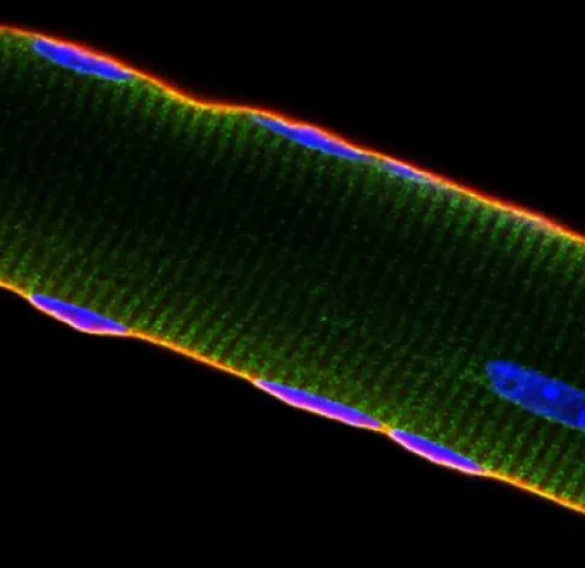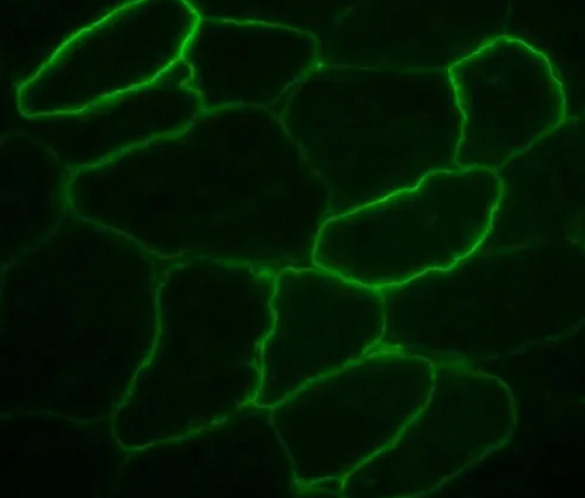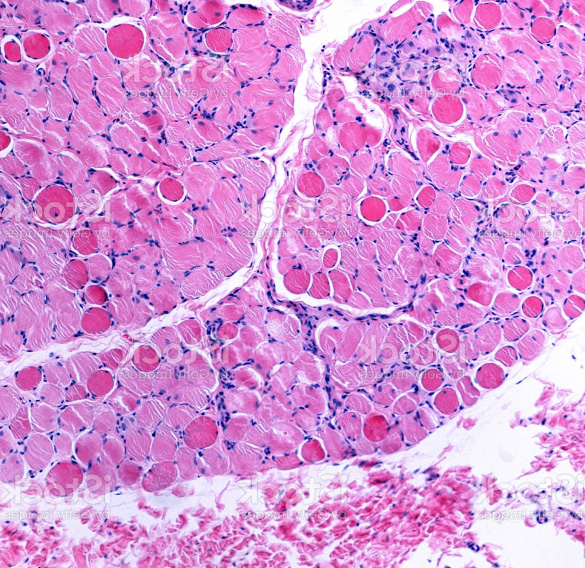The Myosana platform has the potential to save lives and increase longevity, as well as improve quality of life for patients and their families who now face significant unmet needs in genetic disease therapy.
 03-row-media-1
03-row-media-1DMD affects about 200,000 individuals worldwide, almost exclusively males. Symptoms first appear in early childhood, followed by rapid deterioration of motor functions. By age 10 to 15, many young people with DMD are wheelchair-bound. DMD eventually compromises the heart and breathing muscles, leading to premature death from heart or respiratory failure.
 03-row-media-2
03-row-media-2In addition, it overcomes the limitations of traditional viral vector delivery that have made gene therapy for DMD unachievable.
 03-row-media-3
03-row-media-3However, the gene is too large to fit on a virus. Myosana’s large-capacity non-viral platform is the first platform capable of delivering the full-length dystrophin gene.
 cardiac-fib
cardiac-fibIt’s designed to avoid an immune reaction (a drawback of viral delivery), enabling repeat dosing for lifelong treatment.
 03-row-media-3
03-row-media-3It would also de-risk the entire Myosana platform, enabling us to rapidly pivot and target a wide range of neuromuscular disorders and cardiomyopathies.